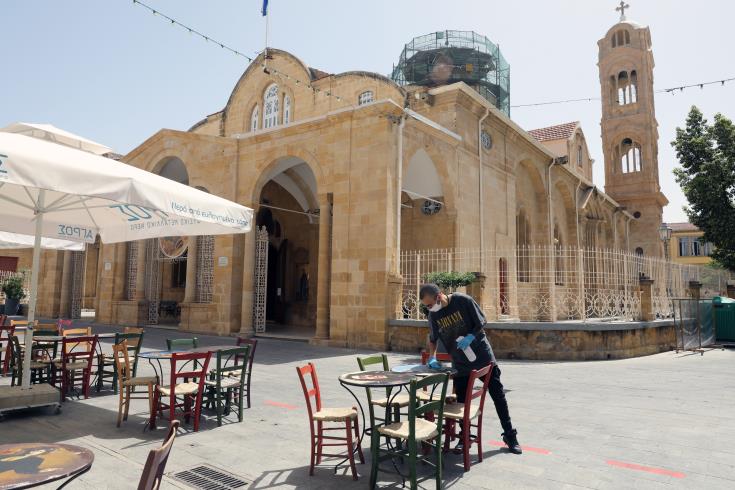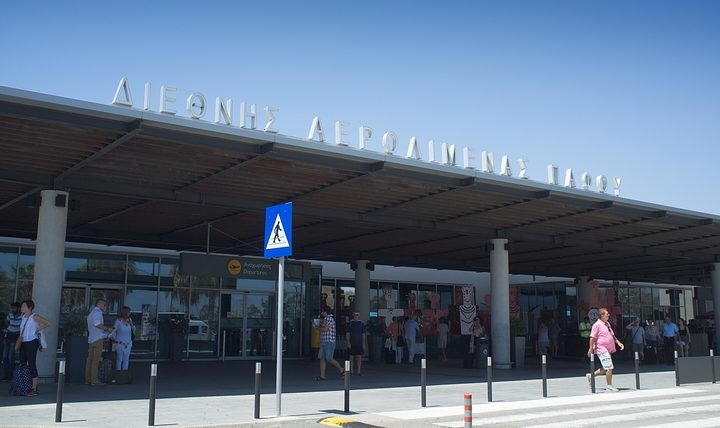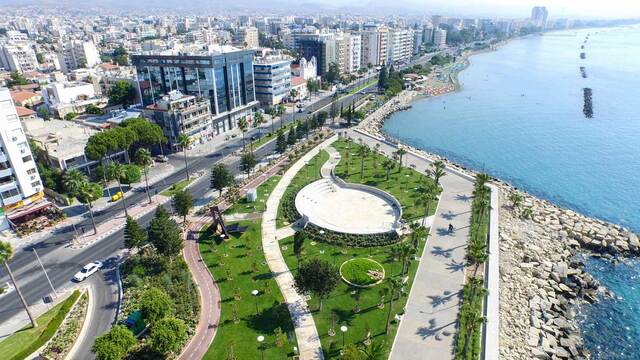We were nearing full recovery in the property market with positive trends, only to face the coronavirus situation that, in addition to the loss of human lives, has had an impact on business, especially the tourist industry and by extension the real estate sector.
As if this was not enough, some other problems have cropped up on the horizon:
- Passports – A recipe which did well for a few years but is now in trouble with the E.U. exerting pressure on Cyprus to abolish this Investment scheme more or less. If this happens, the repercussions will be considerable, especially for the high-rise buildings, which are directed towards this market. The after-effect of incomplete projects will impact the bank’s finances (NPLs), unemployment and the lucrative income that this has produced for accountants, lawyers and agents.
- Income Tax – A joint effort by France and Germany and the EU in general to adopt a uniform taxation system is another cause for concern, especially now that the two protagonists are linking any financial assistance to countries that have an attractive tax system (such as Cyprus) to efforts to increase their taxes. The Cyprus taxation system is one of the many reasons for the economy’s revival and whereas the government here is trying to introduce more incentives, it seems that this will be halted.
- Russian Pressure – We also have pressure coming from the Russian government regarding the revision of the double taxation treaties, starting with Cyprus, but leaving out (for now) countries such as Denmark, Luxemburg, etc.
- Petty Politics – This is another inherent problem with the various political parties opposing the government’s measures to assist business by altering these handouts, but not reducing them, resulting in delaying the economy restart.
- Margaret Thatcher – We wish we had a strong politician such as Mrs Thatcher, who managed to control the never-ending demands of unions in the U.K. We see the various Cyprus unions causing trouble in our economy asking for more and more (and less and less working hours). The recent Supreme Court decision that overturned the Civil Servants’ appeal not to reduce their wages by €800 mln, was a welcome development, but so much is the greed that they have now appealed to the European Court of Justice to ensure their salaries are not cut, regardless of a crisis. You do remember a few years ago when the then Minister of Education “dared” to introduce some reforms to our education system, with the unions promptly demonstrating with 10,000 people in the streets – the government pulled out and we were back to square one.
- Financiers/Banks – Although improving, they still face problems and with the 2013/14 bail-in, as well as the collapse of the Co-op bank, not only are the financiers not earning anything, but shareholders are called from time to time to contribute more from their initial investment. As such a loan application is now surpassing 2-3 months.
So, justifiably, we are worried about the whole situation, especially when seeing that small countries like Cyprus, are the prey of the larger vultures (in the E.U.), especially at times of financial strife.
All these (and other) matters have their repercussions on real estate.
It is too early to specify what the effect is in terms of reduction in demand/property values, but as an indicative estimate and as present circumstances stand, a reduction of about 10% is reasonable.
Depending on the duration of the coronavirus and the other factors mentioned above, it will get worse.
Prices will drop
The recent reports (by the Lands Registry) record that sales have dropped by 70%, so you can appreciate what the results will be in 2021 (expected commencement of recovery not earlier than 2022).
The part of the market that is expected to be least affected is the residential market for locals and for the average price range within towns and periphery.
Housing is a social need, either for ownership or for rental, whereas the archaic dowry system is assistance to young couples.
So, we expect that this sector of the market will be the least affected, whereas if this situation continues, there will be increased sales of hotels and other tourism-related properties, followed by shops/commercial uses (see also impact on the Malls) and to industrial units.
Agricultural land prices will remain at rock bottom, still struggling not so much to sustain their value levels but to create some sort of demand/realisation of sale. Properties which are rented out for income are expected to retain their present level since with the low deposit rates on savings and with the retirement/pensions that are collected by Civil Servants, the money will be around, whereas increasing unemployment will create demand for rental accommodation.
Rental (gross) returns are on average 3%-4% for residential units and 5% for commercial, whereas industrial returns do not show a steady/average return – but on average 5% (if a suitable tenant is found).
Regarding rentals, what is important is not the level of rental income that a tenant pays, but the ability to abide with other obligations, such as common expenses/repairs etc.
Now is the time, even better during next year, for those daring and adventurous with money to start searching for “opportunities” which appear on the various banks’ websites, administrators, investment funds, who will find it more difficult to dispose of their assets. We expect them to be more inclined to accept lower offers than before.
The government of Cyprus is introducing all sorts of incentives for the real estate market, such as the abolition of property tax, the reduction of transfer fees and now tax deductions in the event of landlords concluding a deal on rent reduction for a couple of months of at least 30%.
Everyone loves their country and it is not an exaggeration to say that Cyprus is a paradise despite its problems.
The weather, widely spoken English, short distances, low crime rate, reasonable cost of living, education opportunities at all levels and the variety of countryside are just a few of its attractions.
On a recent visit to London, we took a taxi for our appointment.
After 45 minutes stuck in a traffic jam, we got out and walked for half an hour in the rain in an effort to reach our appointment on time.
If in Paris, you should not walk on your own, especially after hours since the crime is evident, whereas, in Milan, our experience of pickpockets was shocking.
During a visit to a Bedouin camp in Jordan a few years ago, literally in the middle of nowhere, our host asked us “my friends is this, not a paradise?”
Yes, Cyprus is a paradise, but troubles lie ahead.










